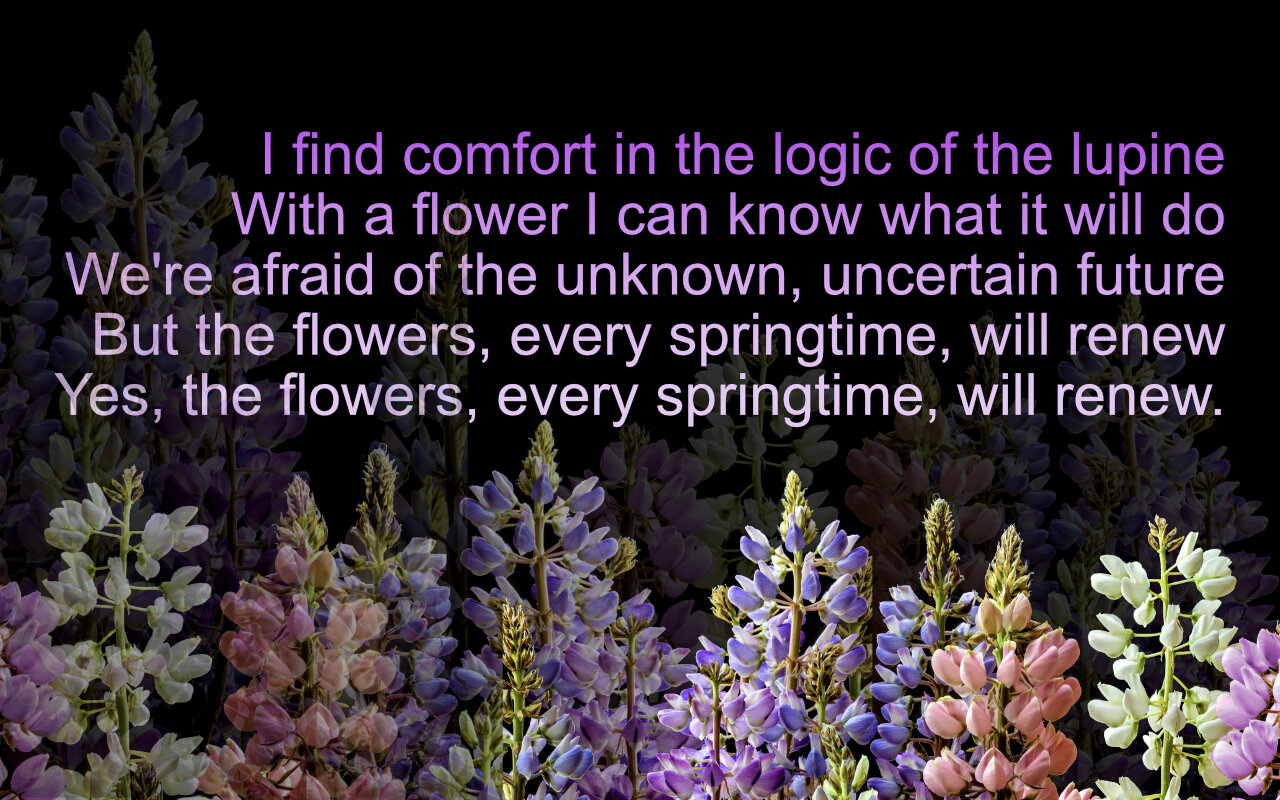FINDING TAMSEN’S SONG
I love roses. Yeah, partly because of my last name. But mostly because they are so lovely. From the florist’s roses in a vase, to the fully opened blossoms covering a trellis in a garden. The soft petals, the vivid colors, the intoxicating scent. Roses and flowers in general, make me happy. Inspire me. Thrill me. Flowers never make me think, only feel.
But one of our leading characters, Tamsen Donner, was all about thinking. She was logical, analytical, practical; a schoolteacher with an interest in botany. She kept a journal while on the trail and she made notes of the wildflowers she saw along the way.
We needed a song for Tamsen. A solo which would let us in on who she was, which would reveal the essence of her character. Tamsen would serve as a foil to James Reed, the leader of their group. She was disappointed with the decisions being made by Reed, and in an era when women weren’t expected to have opinions, Tamsen wasn’t afraid to voice her opinions clearly. In the scene right after Tamsen had been needling Reed about his poor choices, we wanted her to sing while her young daughter listened.
I struggled with finding a lyric for her. My “way in” to characters is usually from their emotions. How does she feel? What does she desire? Yet I just couldn’t find an emotional side to Tamsen; she was all left-brain. In fact, I didn’t really “get” Tamsen’s interest in flowers – it seemed to conflict with her analytical, reasoning mind.
Eric suggested that I was thinking of how I react to flowers, not how Tamsen reacts to them. Tamsen loves flowers, not because of their fragrance or brilliant colors, and not because their appearance makes her feel cheerful – that’s Margee’s love of flowers, not Tamsen’s. Tamsen loves flowers because of their predictability, of how what they will be and what they will do is programmed into every cell of their fiber. Flowers can be known.
Once that idea clicked for me, I felt I knew Tamsen. I’d found my “way in.”
It isn’t that Tamsen doesn’t have emotions (far from it!); it’s that she isn’t ruled by them. What Tamsen wants is to be able to understand people the way she can understand flowers. You know what a lupine will do, based on the scientific evidence in front of you. But despite all evidence... you can never predict what a person will do! They act illogically, they act based on fancy, based on emotion... and that's something Tamsen can't understand, it's not quantifiable. She wishes that people could eliminate that irrationality and – well, be like flowers.
All of a sudden, the verse, the first two “A” sections of the song, and the “B,” came easily!
A PURPLE BLOSSOM STANDING TALL
IS ALL THAT YOU CAN SEE
IT BRIGHTENS A DUSTY WORLD
BUT SOMETHING ELSE IS CLEAR TO ME:
THERE IS BEAUTY IN THE LOGIC OF THE LUPINE
AN EXQUISITE SYSTEMATIC GRAND DESIGN
EVERY SEEDLING WILL FULFILL ITS BEST POTENTIAL
IT'S A FACT THAT'S SCIENTIFICALLY DIVINE!
IT'S PREDICTABLE, THE LOGIC OF THE LUPINE
FROM WHAT’S WRITTEN IN THE CODE OF EVERY CELL
AND EVALUATING ALL OF THE CONDITIONS
THERE’S AN OUTCOME YOU ASSUREDLY FORETELL
BUT OH! IT'S NOT THE SAME WITH PEOPLE
ALL LOGIC THEY DEFY
THEY WILL ACT ON WHIM AND EMOTION
WITHOUT GOOD REASON WHY
But the third “A” was eluding me. In the first part of the song, Tamsen explains to her young daughter that what she loves about the beautiful wildflowers isn’t the physical beauty so much as it is the systematic way they live and grow to be beautiful. In the B section, Tamsen has expressed her wish that people were more like flowers. But … was that it? What was left to say?
I asked myself why it mattered what Tamsen thought of lupines and other flowers. Why is it important to Tamsen and to the story we are telling? Why is it important to us, here and now in 2015 (when I was writing the song) or in 2017 (when it would be premiered), or in some year in the future (when it debuts on Broadway)…?
For Tamsen, it was early summer on the plains of a great continent, but unbeknownst to her, in five months she and her family would be starving to death in the icy Sierra Nevada mountains.
For me, it was November 2015. The day before I sat at my laptop struggling to find a lyric for the final lines of Tamsen’s song, ISIL terrorists had shattered the world with a series of coordinated attacks in Paris, leaving almost 100 random people dead.
What could the science of a wildflower tell either of us that would have any relevance?
And the answer came to me, as vivid as the memory of yellow daffodils peaking up from the frozen dirt every March when I was a little girl: the science of the flowers gives us hope:
I FIND COMFORT IN THE LOGIC OF THE LUPINE
WITH A FLOWER I CAN KNOW WHAT IT WILL DO
WE’RE AFRAID OF THE UNKNOWN, UNCERTAIN FUTURE
BUT THE FLOWERS, EVERY SPRINGTIME, WILL RENEW
YES, THE FLOWERS, EVERY SPRINGTIME, WILL RENEW


















